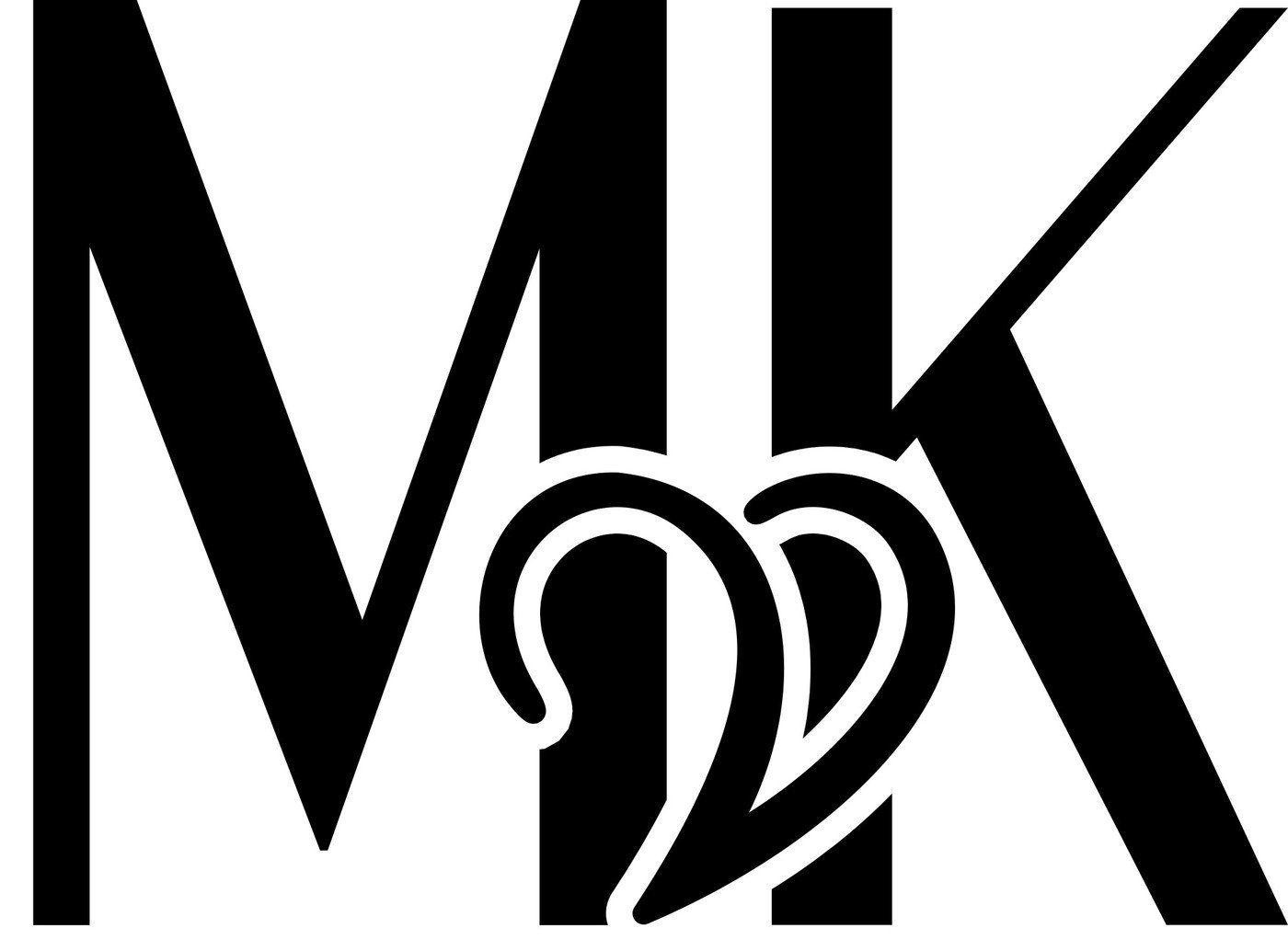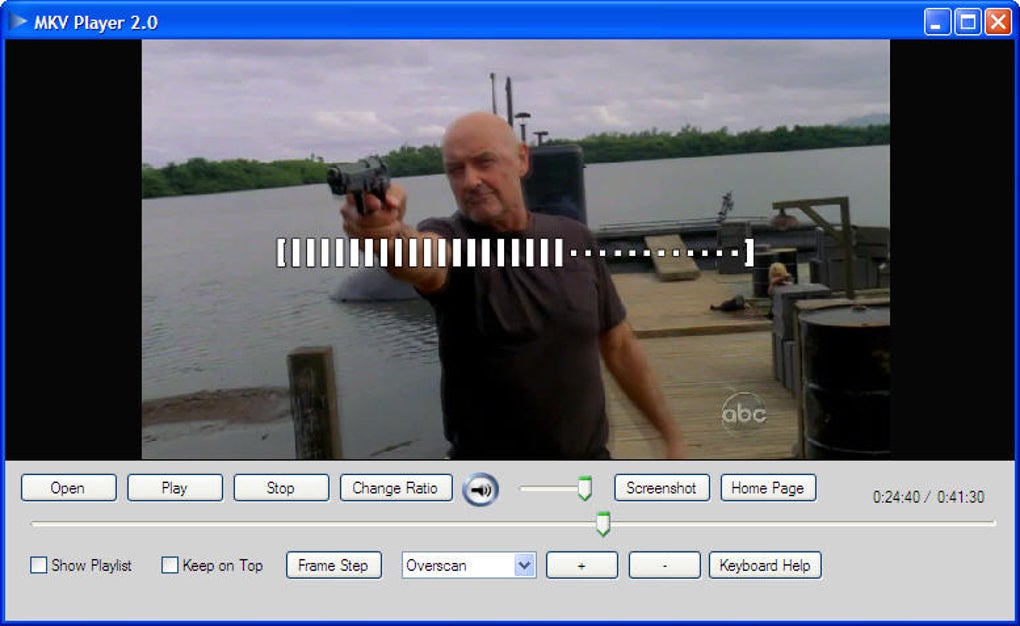You’ve probably stumbled upon .mkv files while downloading movies, TV shows, or even personal videos, but what exactly are they? If you’re scratching your head right now, don’t worry, you’re not alone. .mkv files have taken the digital world by storm, and for good reason. They’re not just another file type—they’re a powerhouse of media storage that’s versatile, compact, and downright awesome. So, let’s dive into what makes .mkv so special and why you need to know about it.
Before we get into the nitty-gritty, let’s clear the air. If you’ve been avoiding .mkv files because you’re unsure how to open them or why they’re better than other formats, this article is your ultimate guide. We’ll break it down step by step, from the basics to advanced tricks, ensuring you’re equipped with all the knowledge you need. Stick around, because by the end of this, you’ll be an .mkv pro!
Now, here’s the deal: .mkv files aren’t just trendy—they’re practical. They’re designed to handle multiple streams of video, audio, and subtitles, all wrapped up in one neat little package. This makes them a go-to choice for media enthusiasts who want quality without the hassle. So, if you’re ready to level up your media game, let’s get started!
Read also:Undress Her A Comprehensive Guide To Building Intimacy And Connection
What Exactly Is an .mkv File?
Let’s start with the basics. An .mkv file is a type of multimedia container format that stands for Matroska Video. Think of it like a digital toolbox where you can store video, audio, subtitles, and even images—all in one place. It’s not a codec, which means it doesn’t compress or encode data; instead, it acts as a container that holds various types of encoded media streams. Simple, right?
Here’s why .mkv files are so popular:
- They support multiple audio tracks, which is perfect for multilingual content.
- You can embed subtitles directly into the file, eliminating the need for external .srt files.
- They’re compatible with a wide range of devices and media players.
So, whether you’re a movie buff or a tech enthusiast, .mkv files offer a seamless experience that’s hard to beat. Plus, they’re open-source, meaning no licensing fees or restrictions. It’s like having a Swiss Army knife for your digital media needs.
Why Choose .mkv Over Other Formats?
When it comes to media files, you’ve got plenty of options—MP4, AVI, MOV, and more. But why should you choose .mkv? Well, let’s break it down:
Flexibility and Versatility
One of the biggest advantages of .mkv files is their flexibility. Unlike other formats that might limit you to a single audio track or subtitle file, .mkv lets you include multiple streams. This means you can have different languages, commentary tracks, and even chapters—all in one file. It’s like having a buffet of options at your fingertips.
Quality and Compression
Another reason .mkv shines is its ability to maintain high-quality video and audio while keeping file sizes manageable. Thanks to its efficient compression algorithms, you can enjoy crisp visuals without sacrificing storage space. This makes it ideal for both casual viewers and professionals who demand top-notch quality.
Read also:Vegmovies The Ultimate Guide To Plantbased Films That Matter
Compatibility and Support
Let’s talk about compatibility. While some formats might struggle to play on certain devices or software, .mkv has got you covered. Most modern media players, including VLC, Kodi, and PotPlayer, support .mkv files out of the box. And if you’re using a device that doesn’t natively support it, chances are there’s a plugin or update that will fix that.
In short, .mkv files offer a combination of flexibility, quality, and compatibility that’s hard to find elsewhere. So, if you’re looking for a format that does it all, .mkv is your best bet.
How to Open .mkv Files Like a Pro
Now that you know why .mkv files are so awesome, let’s talk about how to open them. Don’t worry—it’s easier than you think. Here’s a quick guide:
Using VLC Media Player
VLC is hands down one of the best media players for .mkv files. It’s free, open-source, and supports virtually every format under the sun. To open an .mkv file with VLC:
- Download and install VLC Media Player from their official website.
- Locate your .mkv file and double-click it. If VLC is set as your default player, it’ll open automatically.
- Alternatively, you can right-click the file, select “Open with,” and choose VLC from the list.
Using PotPlayer
Another great option is PotPlayer, especially if you’re on Windows. It’s lightweight, feature-packed, and perfect for .mkv files. To use PotPlayer:
- Download and install PotPlayer from their official site.
- Drag and drop your .mkv file onto the PotPlayer window, or use the “Open File” option.
And there you have it! Opening .mkv files is as simple as choosing the right player. No complicated setups or technical jargon required.
Common Issues with .mkv Files and How to Fix Them
While .mkv files are generally reliable, you might run into a few issues from time to time. Here are some common problems and how to solve them:
Problem: Audio or Video Not Playing
This usually happens when your media player doesn’t support the specific codec used in the .mkv file. To fix it:
- Download and install a universal codec pack, like K-Lite Codec Pack.
- Alternatively, switch to a player like VLC or PotPlayer, which handle most codecs natively.
Problem: Subtitles Not Showing
If your subtitles aren’t showing up, try these steps:
- Check if the subtitles are embedded in the .mkv file. If not, download the correct .srt file and place it in the same folder as the video.
- Ensure your media player is set to display subtitles. In VLC, go to “Subtitles Track” and select the correct option.
Problem: File Won’t Open
This could be due to a corrupted file or incompatible software. Try:
- Downloading the file again to ensure it’s not corrupted.
- Using a different media player or updating your current one.
By addressing these issues, you’ll be able to enjoy your .mkv files without any hiccups.
Converting .mkv Files to Other Formats
What if you need to convert your .mkv files to another format? Whether you’re sharing them with friends or uploading them to a platform that doesn’t support .mkv, conversion is a breeze. Here’s how:
Using HandBrake
HandBrake is a free and powerful tool for converting .mkv files to formats like MP4 or AVI. Here’s how to use it:
- Download and install HandBrake from their official website.
- Open HandBrake and select your .mkv file.
- Choose the desired output format and settings, then click “Start Encode.”
Using Online Converters
If you prefer a quick and easy solution, online converters like CloudConvert or Online-Convert can do the job. Simply upload your .mkv file, select the target format, and let the converter do the rest. Just remember to choose a reputable service to ensure your files are safe.
Advantages of Using .mkv Files
Now that we’ve covered the basics, let’s talk about the advantages of using .mkv files. Here’s why they’re worth your time:
- Multi-Stream Support: With .mkv, you can enjoy multiple audio and subtitle streams in a single file.
- High-Quality Compression: Get top-notch video and audio quality without bloated file sizes.
- Open-Source: No licensing fees or restrictions—just pure freedom.
- Wide Compatibility: Works with most modern devices and media players.
These benefits make .mkv files a top choice for anyone serious about their media experience.
Disadvantages and Limitations
Of course, no format is perfect. Here are a few potential downsides to consider:
- Less Native Support: Some older devices or software might not support .mkv files out of the box.
- Codec Dependency: You might need to install additional codecs to play certain .mkv files.
- File Size: While .mkv files are generally efficient, they can still be larger than other formats depending on the content.
Despite these limitations, the pros far outweigh the cons for most users.
Best Practices for Working with .mkv Files
To make the most of your .mkv files, here are some best practices to keep in mind:
- Use Reliable Media Players: Stick with trusted players like VLC or PotPlayer for optimal performance.
- Keep Your Software Updated: Regular updates ensure compatibility and bug fixes.
- Organize Your Files: Keep your .mkv files neatly organized to avoid confusion and make them easy to find.
By following these tips, you’ll streamline your .mkv experience and avoid common pitfalls.
Future of .mkv Files and Emerging Trends
As technology continues to evolve, so does the world of media formats. .mkv files are likely to remain a staple for years to come, thanks to their versatility and open-source nature. However, new formats like MKB (Matroska Audio) and MKS (Matroska Subtitles) are emerging, offering even more specialized options for audio and subtitle storage.
Additionally, advancements in streaming technology and cloud storage are paving the way for more seamless media experiences. Whether you’re watching a movie on your smartphone or editing videos on your desktop, .mkv files will continue to play a crucial role in the digital landscape.
Conclusion: Embrace the Power of .mkv Files
In conclusion, .mkv files are a game-changer for anyone who values quality, flexibility, and compatibility in their media. From their ability to handle multiple streams to their efficient compression, .mkv offers a level of convenience that’s hard to match. So, whether you’re a casual viewer or a tech-savvy professional, it’s time to embrace the power of .mkv files.
Now that you’ve learned the ins and outs of .mkv, why not put your newfound knowledge to the test? Download some .mkv files, experiment with different players, and explore all the possibilities they offer. And don’t forget to share this article with your friends and family—let’s spread the word about the amazing world of .mkv!
Until next time, keep streaming, keep learning, and keep enjoying your digital media journey. Cheers!
Table of Contents
Why .mkv Files Are the Talk of the Town and How to Master Them
Why Choose .mkv Over Other Formats?
How to Open .mkv Files Like a Pro
Common Issues with .mkv Files and How to Fix Them
Converting .mkv Files to Other Formats
Advantages of Using .mkv Files
Best Practices for Working with .mkv Files
Future of .mkv Files and Emerging Trends
Conclusion: Embrace the Power of .mkv Files


